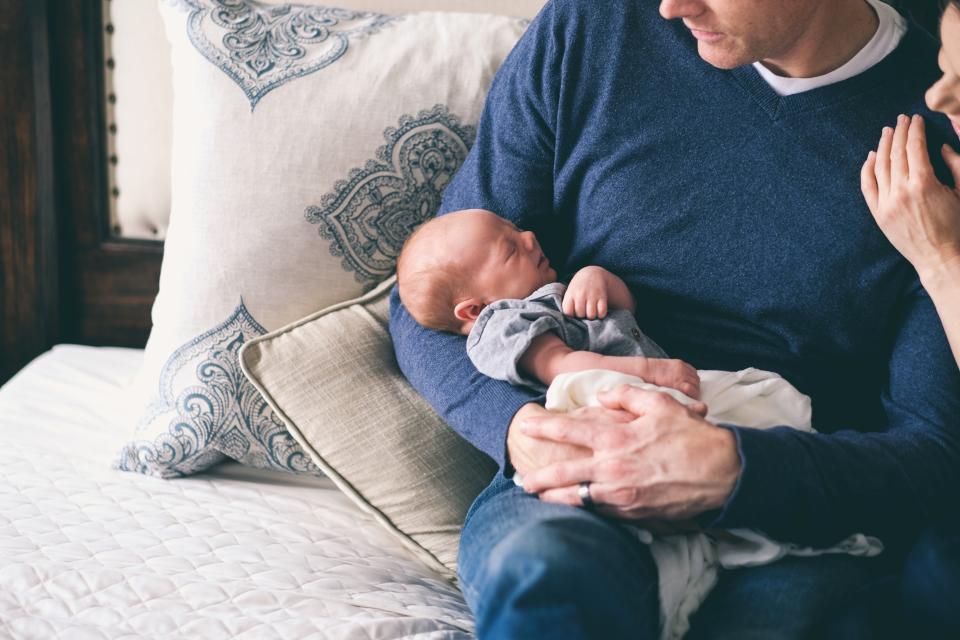Cancer develops from abnormal genes in a person’s body and can be passed down from generation to generation. Understanding your hereditary cancer risk can help a medical professional better diagnose and treat your condition. Learn more about some common cancer risk factors, as well as the benefits of genetic counseling.
What Are Cancer Risk Factors?
A person’s cancer risk is their chance of developing a certain type of cancer. When you visit a medical professional for a screening, or sometimes even a regular checkup, they may ask you about your family medical history as well as other questions regarding lifestyle and habits. This helps them evaluate your risk of developing cancer by determining the cancer risk factors.
Cancer risk factors are conditions or substances that could increase a person’s risk of developing cancer. Some cancer risk factors include:
- Age
- Alcohol or tobacco consumption
- Diet
- Hormones
- Obesity
- Exposure to sunlight
It’s not always easy to pinpoint a single cause of cancer. Often, cancer can be a result of many risk factors combined. That’s why it’s so important to be mindful of the aspects of your lifestyle and how it could affect your overall health.
Can cancer run in the family?
Some cancers may run in the family because they are a result of certain conditions like obesity. However, in other cases, an abnormal gene (called a mutation) can be passed down from generation to generation and may increase a person’s hereditary cancer risk. According to the American Cancer Society, only about 5 percent to 10 percent of all cancers result directly from gene defects inherited from a parent.
Why It’s Important to Know Your Hereditary Cancer Risk
If you have a family history of cancer, you and your loved ones may want to know your genetic makeup and your risk of inheriting cancer. Genetic counseling and testing can help with that, as it allows you to:
- Learn if you have genetic mutations linked to a hereditary cancer risk
- Develop a plan for screenings or treatment options
- Plan future health care
- Ease uncertainty
If you receive a positive result, your doctor may recommend that you start screenings earlier than other people. He or she may also recommend you get screened more often and possibly undergo screenings created specifically for people at a higher cancer risk. After a positive result, you should be more mindful of symptoms and start learning healthy habits to lower your hereditary cancer risk.
It’s important to understand that genetic tests only determine whether or not you carry a gene mutation and therefore a higher risk. Genetic testing will not predict whether you will develop cancer. They simply alert you on what could happen.
Before you get tested, genetic counseling is important. Genetic counselors can guide you through the process and give you advice on what to do after you receive your results. They can coach you on what to expect from the procedure, the pros and cons of a certain genetic test, what your results may mean, and what options you have moving forward.
Contact Comprehensive Cancer Centers of Nevada Today
If you or a loved one has been recently diagnosed with cancer, contact the Nevada cancer specialists at Comprehensive Cancer Centers of Nevada. We are a multi-specialty practice treating patients with various cancers and blood disorders, breast health conditions, sleep disorders and lung diseases. Visit us online for more information, or to schedule an appointment, call (702) 952-3350.



